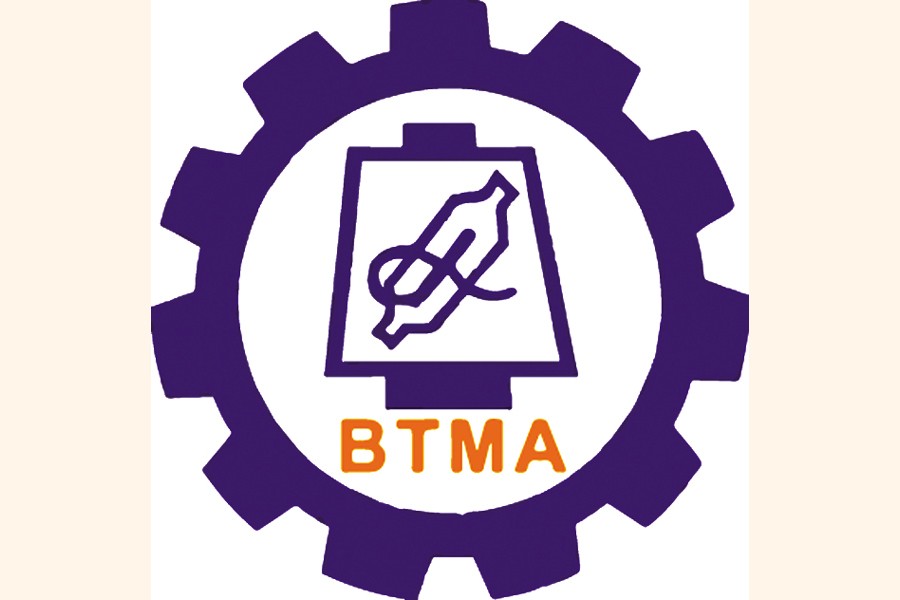
Published :
Updated :

The country's primary textile mill owners recently urged the government to allow the import of recycled plastics and textile waste with a 5 per cent specific duty, as well as sought policy support to encourage non-cotton garment manufacturing.
They argued that these products could be used as import substitutes for the local market and also significantly contribute to the national economy by generating substantial foreign exchange through exports.
Bangladesh Textile Mills Association (BTMA) in a letter to the chief adviser on December 11 raised the demands.
Its President Showkat Aziz Russell in the letter said allowing the import of recycled plastics and textile waste with a 5 per cent specific duty as raw materials for producing fibres in the recycling textile industry could add an additional $40-50 billion annually to export earnings.
He also advocated for safeguarding the interests of the local industry by facilitating the import of all types of textile waste, including cotton waste, saying these could be used as key raw materials for producing recycled fibres.
Russell further requested the interim government to impose an immediate ban on the export of PET bottles and flakes.
The letter called for revising the notification on the ban on single-use plastics issued by the environment ministry on August 27 after consulting with related stakeholders.
According to the letter, the country annually imports 1,200 tonnes of polyester stable fibre (PSF) from various countries. Producing the fibre domestically using reusable PET bottles could save $150 million.
"Bangladesh could earn $40-50 billion annually from non-cotton textiles and apparel products by 2030 through the efficient utilisation and export of reusable plastics," it said.
Moreover, renowned multinational companies, such as Reebok, Pepsi, Nestlé, and Coca-Cola, have committed to using flakes and granules produced from plastics in soft drink bottles and other packaging.
munni_fe@yahoo.com


 For all latest news, follow The Financial Express Google News channel.
For all latest news, follow The Financial Express Google News channel.